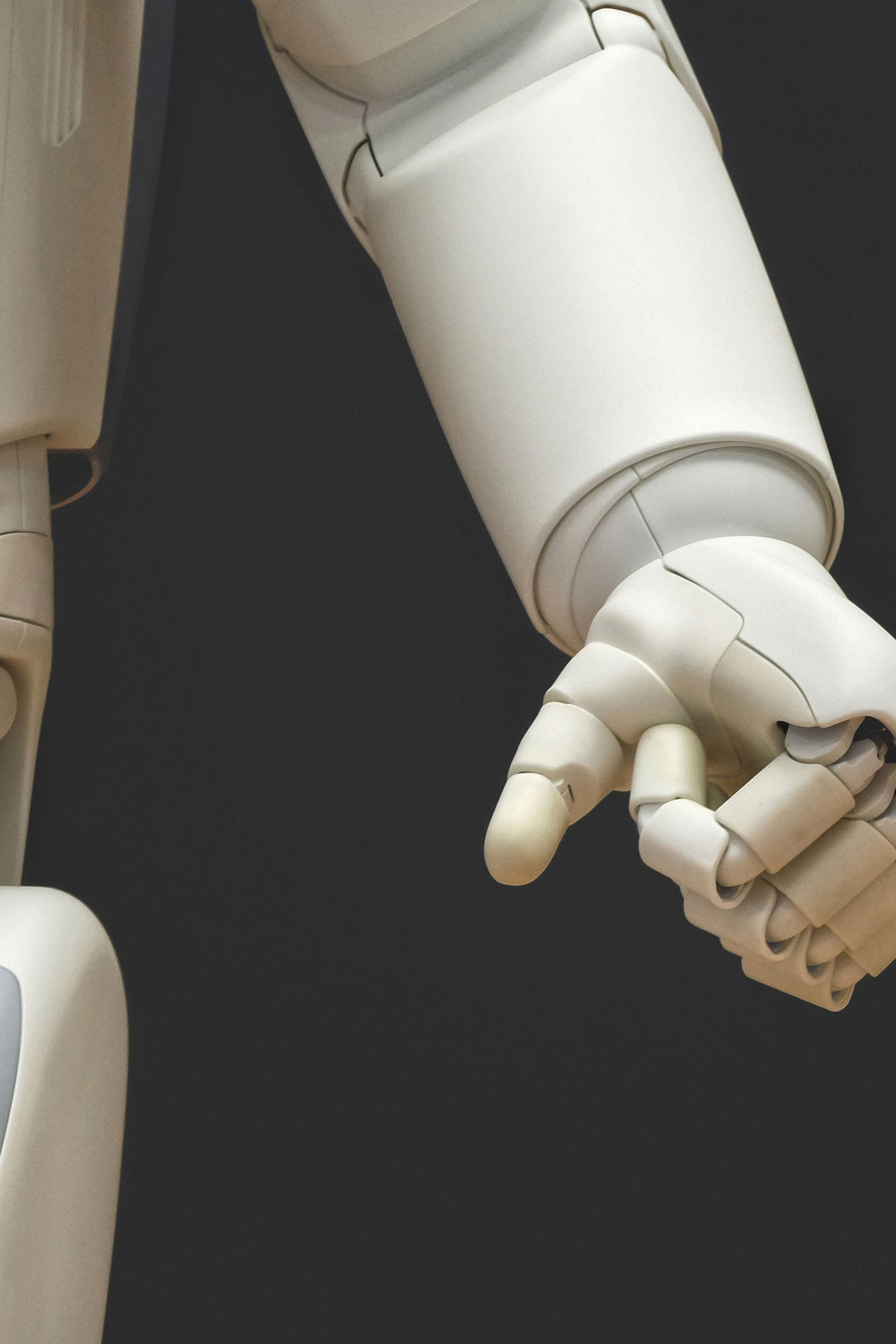
What Does AI Mean For Climate Change?
By
1 year ago
A new BBC podcast asks some important questions.
Google recently launched Gemini, its integrative AI tool. Apple has announced it is integrating AI into all their phones and laptops. The AI revolution is here, and there’s no putting it back in the box.
This morning, BBC Radio 4 aired their latest episode of The Artificial Human programme, focused on the topic of sustainability and AI. The programme revealed that ‘Energy use by data centres rivals the aviation industry in terms of energy consumption, and data usage is set to double by 2026.’ Because we don’t pay per search, or ‘see’ the energy consumption in the same way we do with domestic gas and electricity use, it can be easy for us to forget that our online activities carry an environmental cost.
What Are The Numbers?
There is a lack of clarity around the exact numbers, as they are reliant on technology companies being transparent with their energy consumption. However, estimates show that data centres currently use 3–5 percent of the world’s electricity, with this set to double in the next two years as AI technology use grows and evolves.
A further example suggests that generating a single high res AI image can use as much energy as the equivalent of half a smart phone charge.
How Does AI Compare To Traditional Search?
It has been suggested that it takes 30 times more energy to use a generative model (such as ChatGPT) than a traditional search model (such as Google or Bing). So for example, using an AI platform to ask about a store’s open hours instead of searching for it on Google could potentially use 30 times more energy.
Of course, this is now becoming even more complicated because search engines like Google have integrated AI into their results pages, meaning that we can’t avoid AI interaction on many searches.
So, What’s The Answer?
On an individual basis, being aware of the environmental impact of AI models like ChatGPT when measured against traditional models of information sourcing is step one, and being responsible about not only when we’re choosing to use AI and how many questions and follow ups we’re asking (each request ups the energy consumption, so being more thoughtful in how we write prompts can also have an impact).
We can also avoid using AI for tasks that we can complete by other means. If you find yourself repeating the same searches over and over, maybe write down the answer. The BBC’s The Artificial Human gives the example of someone using AI as a calculator: this is not the most responsible environmental choice when there’s a calculator on your desktop and probably in your desk drawer.
Working for more transparency from businesses and corporate responsibility on data usage and AI integration may also be vital for many countries to hit their emission reduction targets.
Learn More
You can listen to the BBC podcast referenced in this article here.
























